MGS Chat: HRH Princess Sumaya bint El Hassan of Jordan
Inside the Palace, an Exclusive Talk with Her Royal Highness Princess Sumaya bint El Hassan of Jordan.
Gaining some perspectives on palace life, women’s issues and more is as easy as spending a couple of hours with the princess. That is if you can stop her that long.
MEDIA GUY: Do you wear your crown in public?
PRINCESS SUMAYA: Not often. At the beginning of one trip, I managed to disappoint a little boy because I wasn’t wearing a crown, and I don’t believe he rightly thought I was a princess. He thought I should be like Sleeping Beauty [laughs]. That’s someone I would love to be like because by wearing a crown I don’t get much sleep. I am the mother of four children, a wife and a daughter. My day starts typically at 5 a.m., with managing the household and the usual mayhem when you are getting kids to school. It’s an attempt at a very typical family life.
MG: Is it possible to lead a normal life inside of a royal family?
PS: I think it is as normal as you make it. You can either want to live with frills and hold yourself in an ivory tower or you can be somebody who wants to get on and do it. This is how I am bringing up my children, and at the moment I am trying to find a creation or invention for the 48-hour day. I drop my kids at school and have to watch my daughter sing the national anthem, and then off to work. The children have violin lessons, tae kwon do and the swim team, so they don’t get home until nearly 5:30 p.m. Then the frenzy of homework, bath time and suppertime. My husband [Nasser Judeh, Jordan’s former Minister of Information] is away many evenings, and this is where I catch up on my work. The challenges of being a mother and getting my work done sort themselves out here.
MG: All of your duties: princess, head of the board of trustees at Princess Sumaya University for Technology and now heading the El Hassan Science City—do you do it out of a sense of duty or…?
PS: Everyone in my family has rallied around me on this and supported me, and I owe my sense of duty to my country to my father. We always grew up with the sense of serving our king and our country. It’s a passion for me as a daughter to realize a dream of my father to contribute as much as possible to the national development of Jordan. He spent his lifetime doing that, and I think I can harness his dreams under the one umbrella of El Hassan Science City and recognize it as a tribute to this great man.
MG: What is El Hassan Science City?
PS: El Hassan Science City will create a complete value-chain-based innovation ecosystem to solve high value problems for the Jordanian society while incubating Jordan’s next economy through greater value creation and value capture. This will also give Jordan and our entire region greater technology independence and hopefully bring peace through prosperity to the region. We will be able to harness clean energy from the sun, purify water for drinking and agriculture, and supply the basis for developing a knowledge-based economy.
MG: What about your personal technology. Are gadgets a favorite of yours?
PS: I have to be as modern as possible. We are tripping over Nintendo wires, and we hear “I’ve lost my PSP” and “Where is my iPod?” And then the nagging of “Please can we have a cell phone?” when they were at school. It was kind of sad because I had put my foot down and said the twins were not allowed to have a cell phone until they were 13. They were the only two kids in seventh grade without one, but their classmates arrived to their party with mobile phones for them.
MG: Help us gain some perspective on men and women in the Middle East and how women are treated.
PS: You are talking to a woman president of the leading applied scientific research institution in Jordan, who works there and isn’t just there as an honorary figure. I have a 14-person executive committee of which 5 are women. But we are just a few of the many in Jordan. You have women ambassadors, women senators, women members of parliament. We have equal rights for women in Jordan. The person who really spearheaded this was my grandmother Zein al-Sharaf. She got the first women’s movement started. From there, King Hussein supported women’s rights along with Queen Noor and now Queen Rania.
Of course, all of the women in my family have been tremendously supported by their husbands to work as well. My mother, who is not Jordanian by birth but is now by marriage, is committed to women’s issues and now heads the Young Muslim Women’s Association, which helps children with special needs. She was able to get the first community college especially devoted to women up and running. So with that goes the stereotypical image of suppressed women. I think in Jordan, we set ourselves as being very progressive when it comes to women. For other parts of the Middle East as well, all you have to do is look at some of the leaders and realize there are some very strong-willed women.
MG: As part of the board of trustees of the Jordan Museum, do you have a favorite piece of art?
PS: I can’t specifically say that there is a favorite piece, because probably the best museum in Jordan is Jordan itself. That is because we’ve come to describe Jordan is an open-air museum, and so the perfect piece is various sites around the country. Petra is an obvious choice, but another is Little Petra, which is the most special place for me.
MG: What’s the one thing you would like to do but can’t as a member of royalty?
PS: Go shopping without a little platoon following me and get on airplane and go wherever I want without having it all preplanned. I guess spontaneity is what I miss.
MG: What would the one place be?
PS: I’m not going to tell you because then people would follow me. I’ll send you a postcard when I get there [smiles].



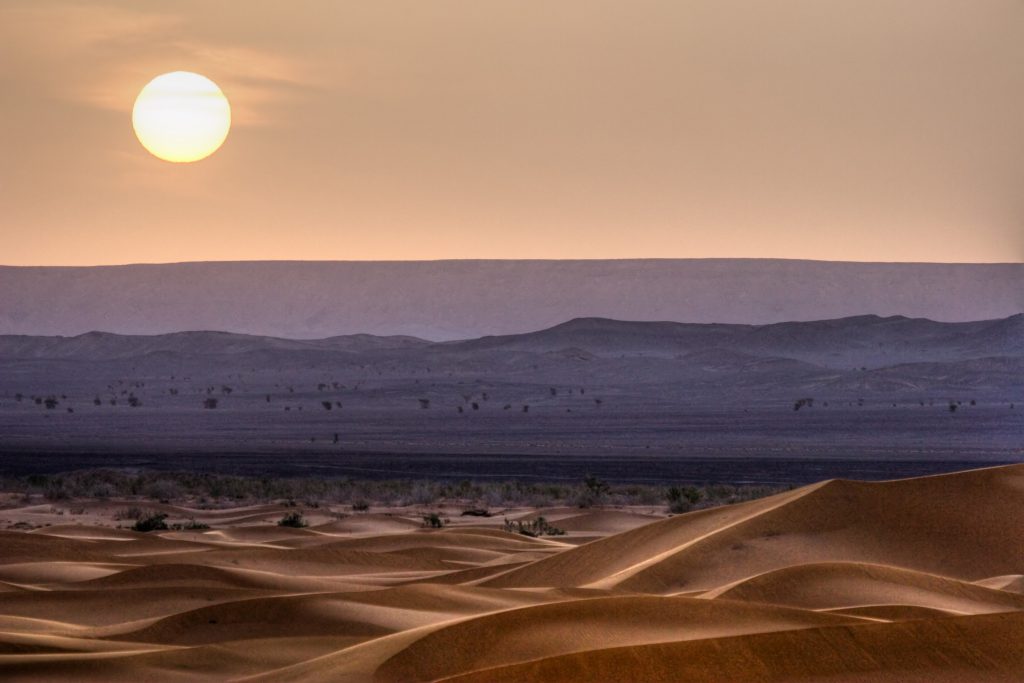

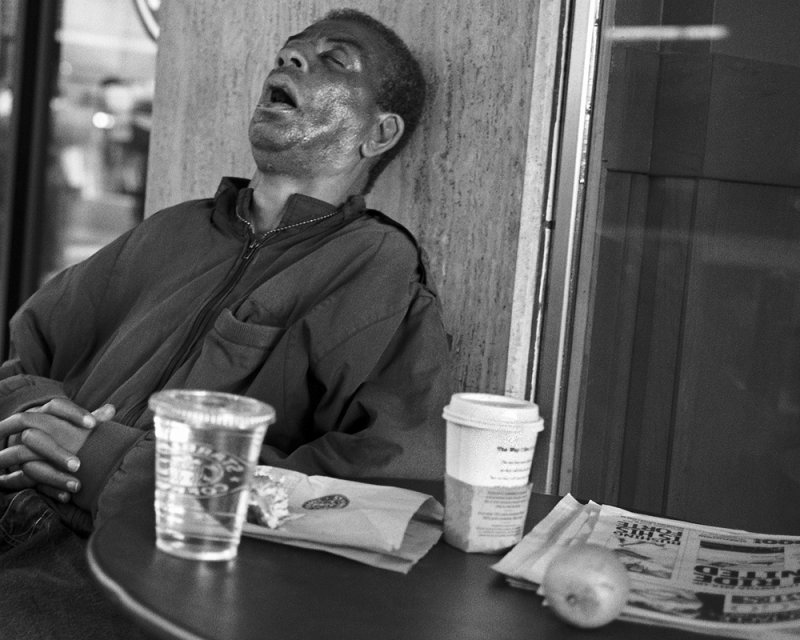

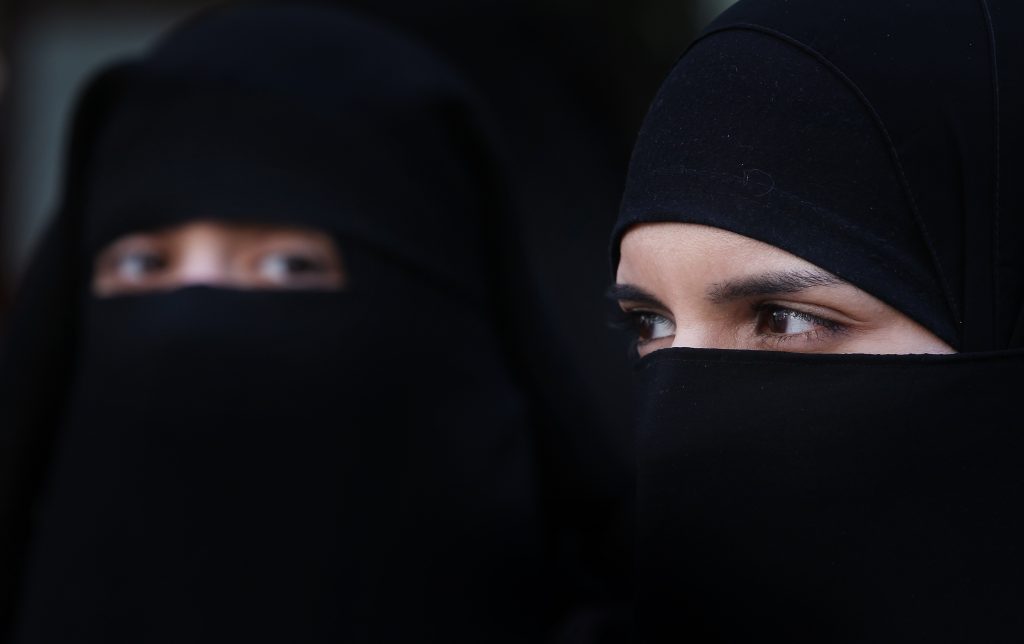
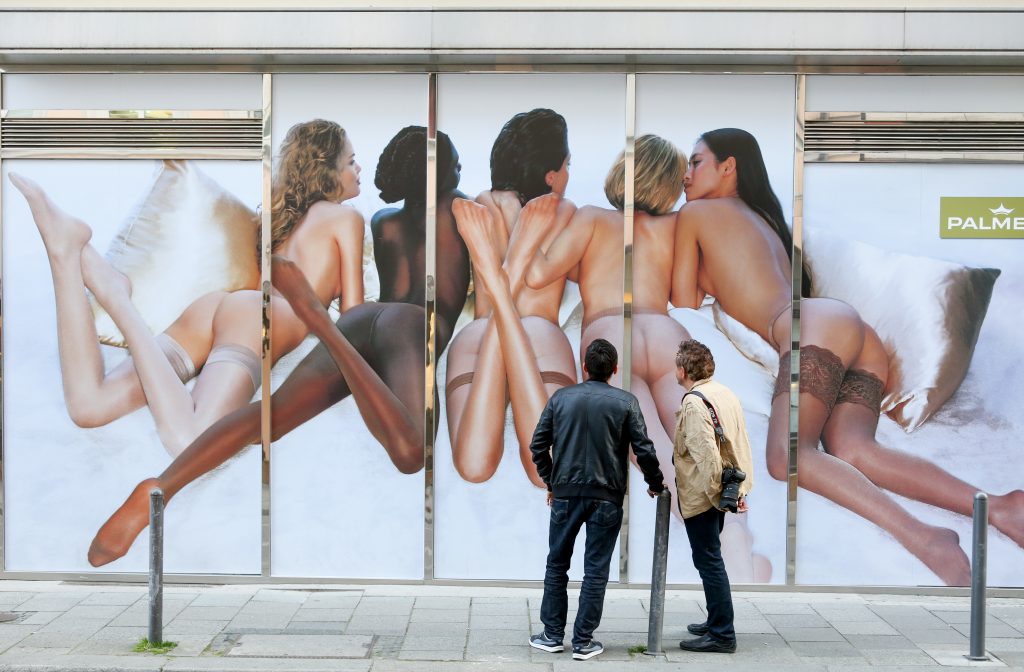
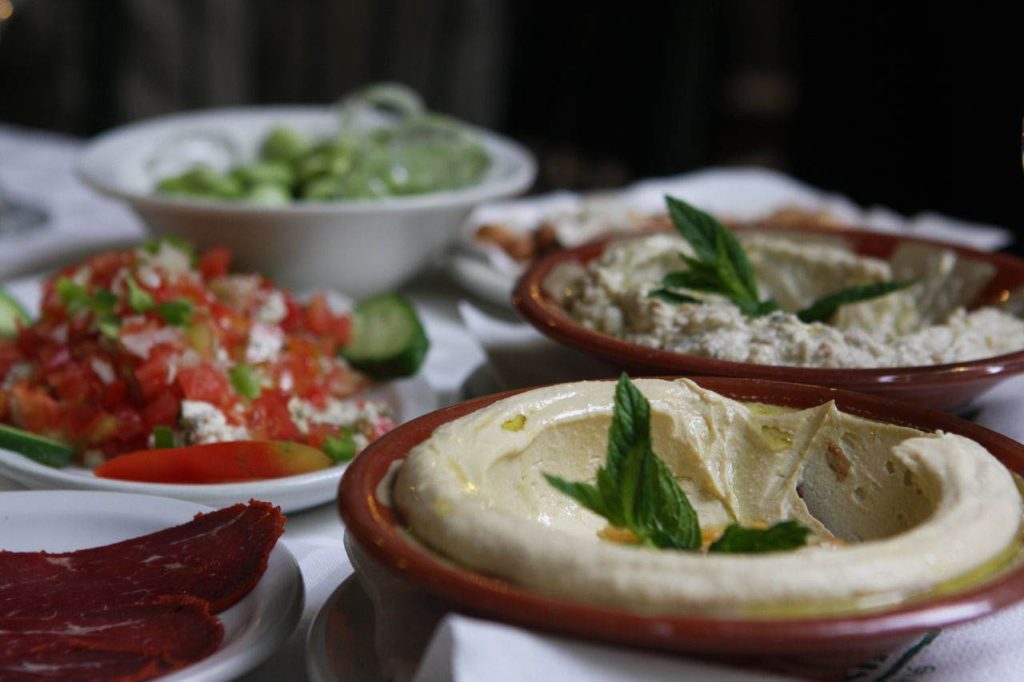
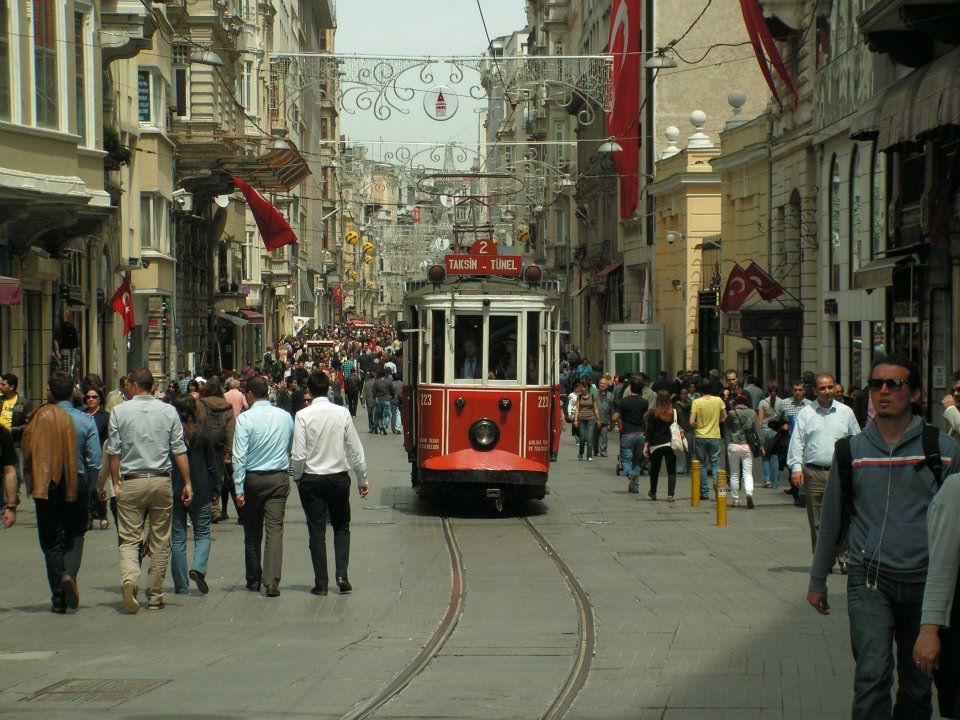
Leave a Reply